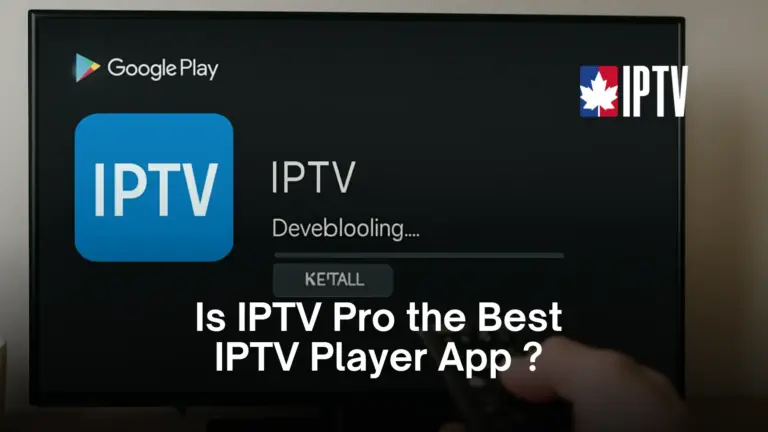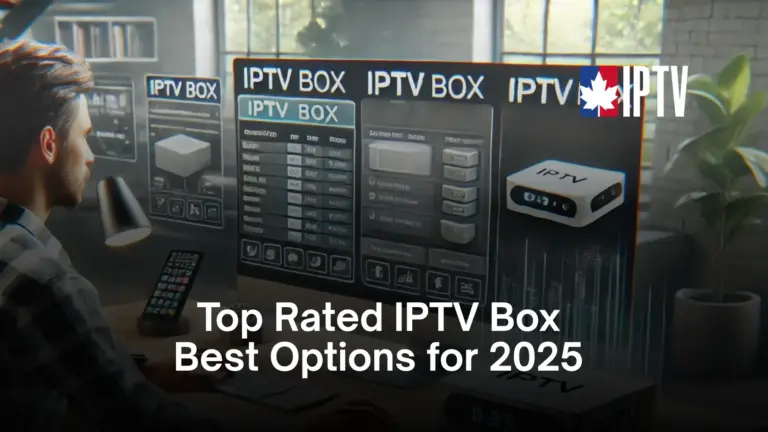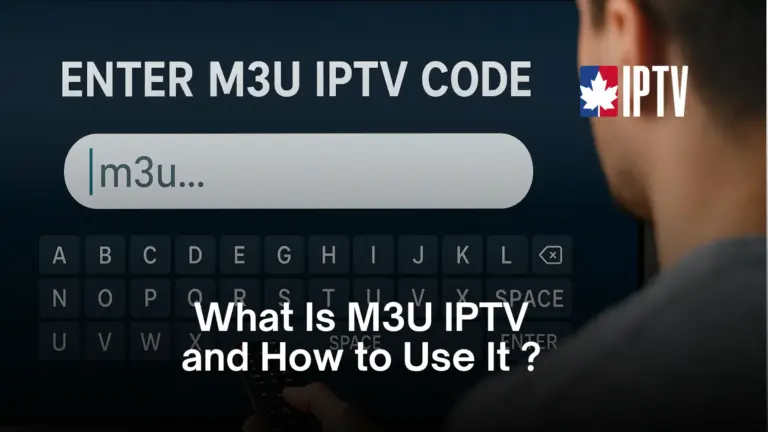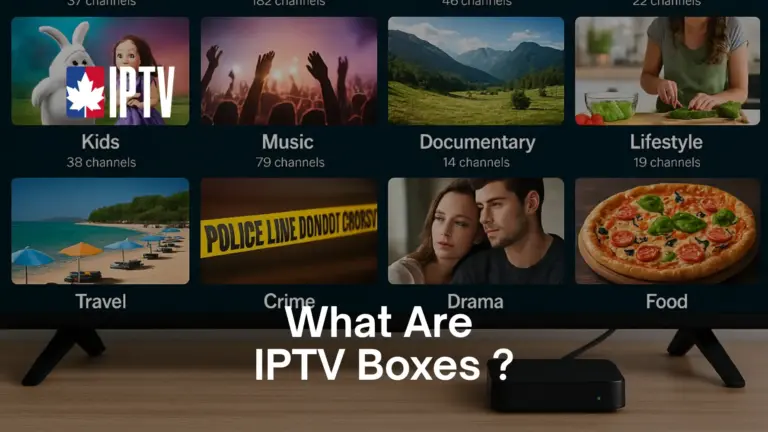Your IPTV subscription doesn’t include VPN built-in functionality? these are separate protocols that require independent configuration. IPTV operates through content delivery networks optimized for streaming, while VPN encryption creates tunneling overhead that can sometimes degrade performance.
You’ll need router-level VPN deployment or device-specific applications like OpenVPN to secure your streams. Most providers actively block VPN connections due to licensing restrictions. Understanding proper integration methods ensures you maintain both security and streaming quality.
Understanding the Technical Architecture of IPTV Services and VPN Integration
When you’re examining IPTV services, you’ll find they operate through internet protocol television networks that deliver television content via packet-switched connections rather than traditional broadcast methods. The IPTV architecture consists of middleware servers, content delivery networks, and client-side applications that don’t inherently include VPN protocols.
You’ll need separate VPN integration since IPTV platforms focus on streaming optimization rather than encryption tunneling. While some premium IPTV providers offer proprietary security features, they’re not true VPNs.
Why Most IPTV Providers Don’t Include Native VPN Features
Although IPTV VPN integration might seem logical for IPTV services, you’ll discover that providers deliberately exclude native VPN features due to critical operational constraints.
You’re facing multiple technical barriers that prevent seamless implementation:
- Protocol conflicts between IPTV streaming and VPN tunneling cause buffering issues.
- Bandwidth overhead from VPN encryption degrades your stream quality significantly.
- Server infrastructure can’t handle dual-layer processing without massive investment.
- Licensing agreements restrict geographic VPN limitations for content distribution.
IPTV security protocols focus on DRM protection rather than user anonymity. You’ll need third-party VPN solutions since providers prioritize streaming performance over privacy features.
Setting Up External VPN Solutions for Your IPTV Streaming Device
To protect your IPTV subscription, it’s best to use an external VPN with the right configuration for both security and streaming performance.
Steps:
- Test multiple servers to check latency and stability before finalizing your setup.
- Set up your VPN on your router or streaming device for IPTV compatibility.
- Choose a protocol like OpenVPN or WireGuard for speed and security balance.
- Pick the right server that supports P2P and offers at least 25 Mbps for 4K streaming.
- Enable a kill switch to avoid IP leaks if the connection drops.
- Use split-tunneling if you only want IPTV traffic to go through the VPN.
Benefits of Using VPN With IPTV Services
- Enhanced Privacy: Military-grade encryption shields viewing habits from third-party monitoring.
- Bypass Streaming Restrictions: Access geo-blocked content libraries across international servers.
- Reduced Speeds: Encryption overhead decreases bandwidth by 10-30% typically.
- Compatibility Issues: Some IPTV providers block VPN connections systematically.
You’ll experience latency increases proportional to server distance. Premium VPN services minimize buffering through optimized streaming servers, though free alternatives often lack sufficient bandwidth allocation.
Popular IPTV Apps and Their Current VPN Compatibility Status
| IPTV Application | VPN Compatibility |
| Kodi | No native VPN support; works with third-party add-ons (e.g., OpenVPN integration). |
| Perfect Player | No built-in VPN; relies on Android’s system-level VPN configuration. |
| TiviMate | Same as Perfect Player → depends on device-wide VPN setup. |
| GSE Smart IPTV | No embedded VPN; requires external VPN service for secure streaming. |
| Smarters Pro | Similar architecture → uses system-wide VPN rather than built-in protocols. |
| General Insight | All major IPTV apps need a separate VPN client, since none have direct protocol implementation. |
Frequently Asked Questions
Is Using VPN With IPTV Legal in My Country?
You’ll need to verify your country’s specific regulations regarding VPN usage with IPTV services. Legal considerations vary significantly between jurisdictions. Check local broadcasting laws, copyright protocols, and telecommunications policies to ensure compliance with security-centric streaming practices.
Will VPN Slow Down My IPTV Streaming Quality Significantly?
You’ll experience 10-30% streaming speed reduction using VPN protocols, potentially causing buffering issues during peak hours. Select servers with low latency, utilize WireGuard protocol for optimal performance, and ensure your bandwidth exceeds stream bitrate by 25%.
Can My ISP Detect IPTV Usage Through VPN?
Like shadows behind frosted glass, your ISP monitoring can’t penetrate VPN encryption protocols. They’ll detect encrypted traffic volume but won’t identify IPTV usage specifically. Your data privacy remains intact through military-grade tunneling, ensuring complete anonymity.
Which VPN Protocols Work Best for IPTV Streaming?
You’ll achieve best VPN performance with WireGuard or IKEv2/IPSec protocols, offering optimal IPTV compatibility through low-latency connections. They’re engineered for streaming stability, providing robust encryption without compromising bandwidth—critical for buffer-free, secure IPTV transmission.
Do I Need a Paid VPN for IPTV Services?
You’ll find 82% of free VPNs throttle streaming speeds below 3Mbps. While free vs paid options exist, you need paid VPN features for IPTV: unlimited bandwidth, AES-256 encryption protocols, and dedicated streaming servers ensuring buffer-free security.






